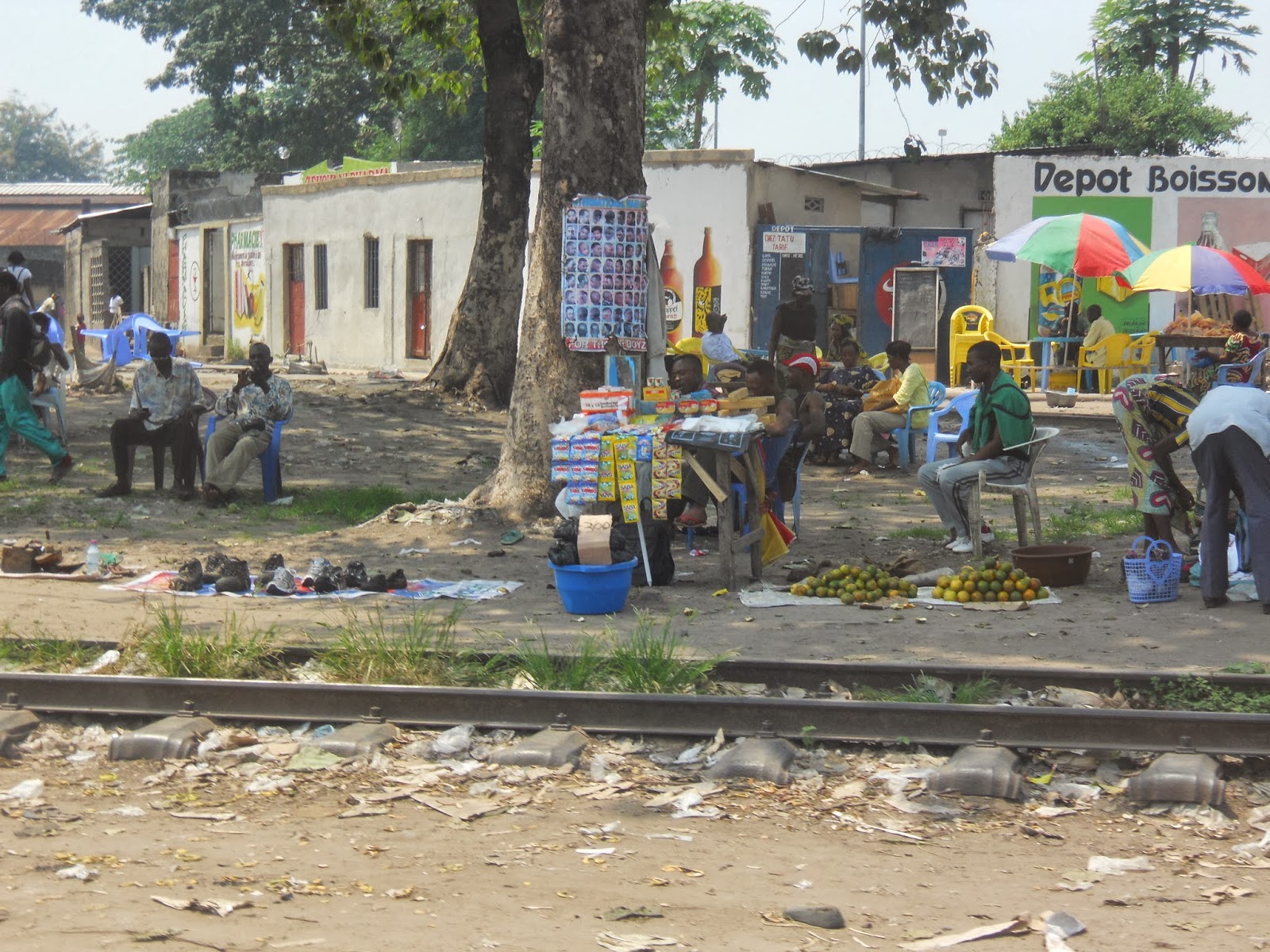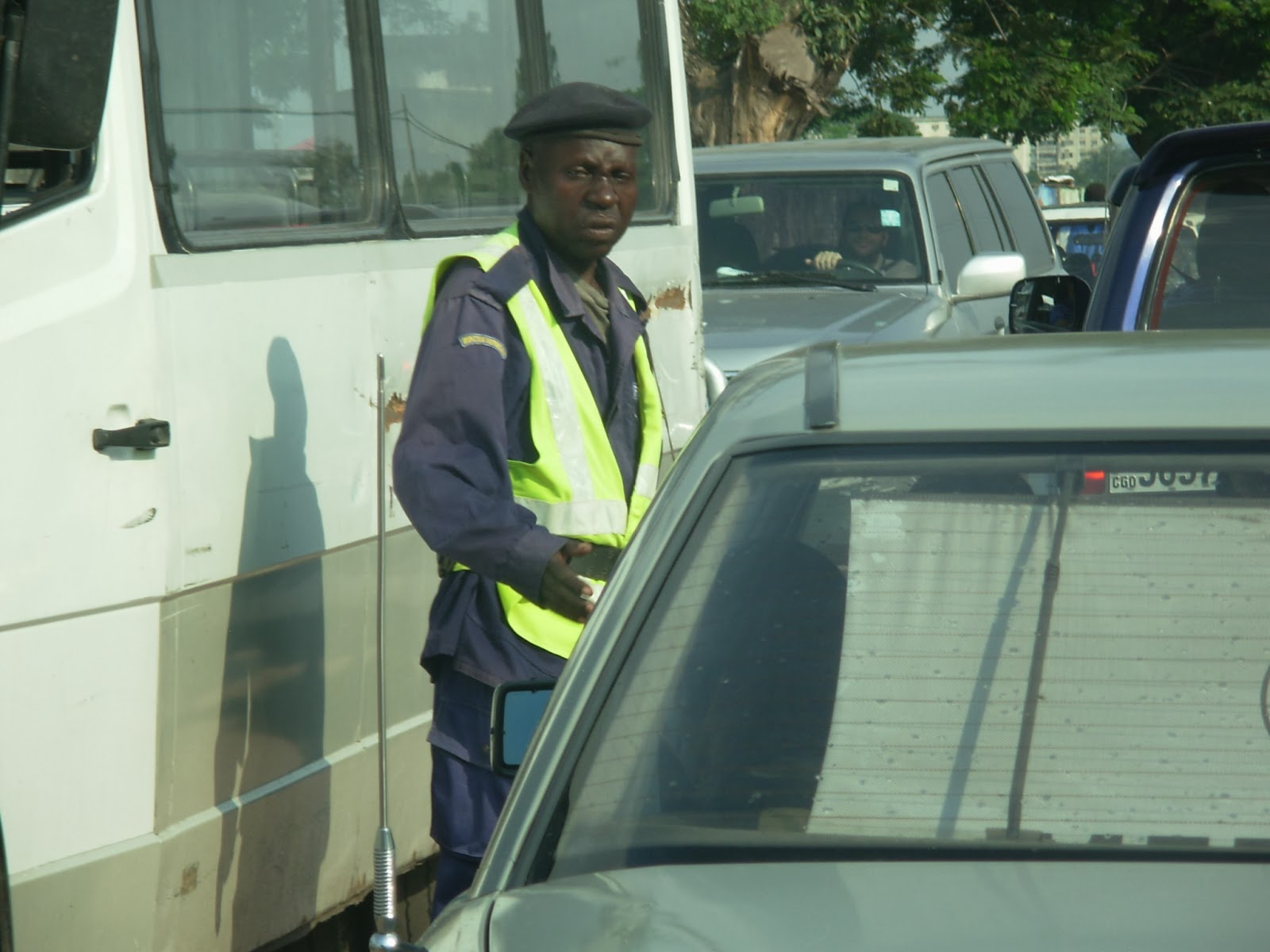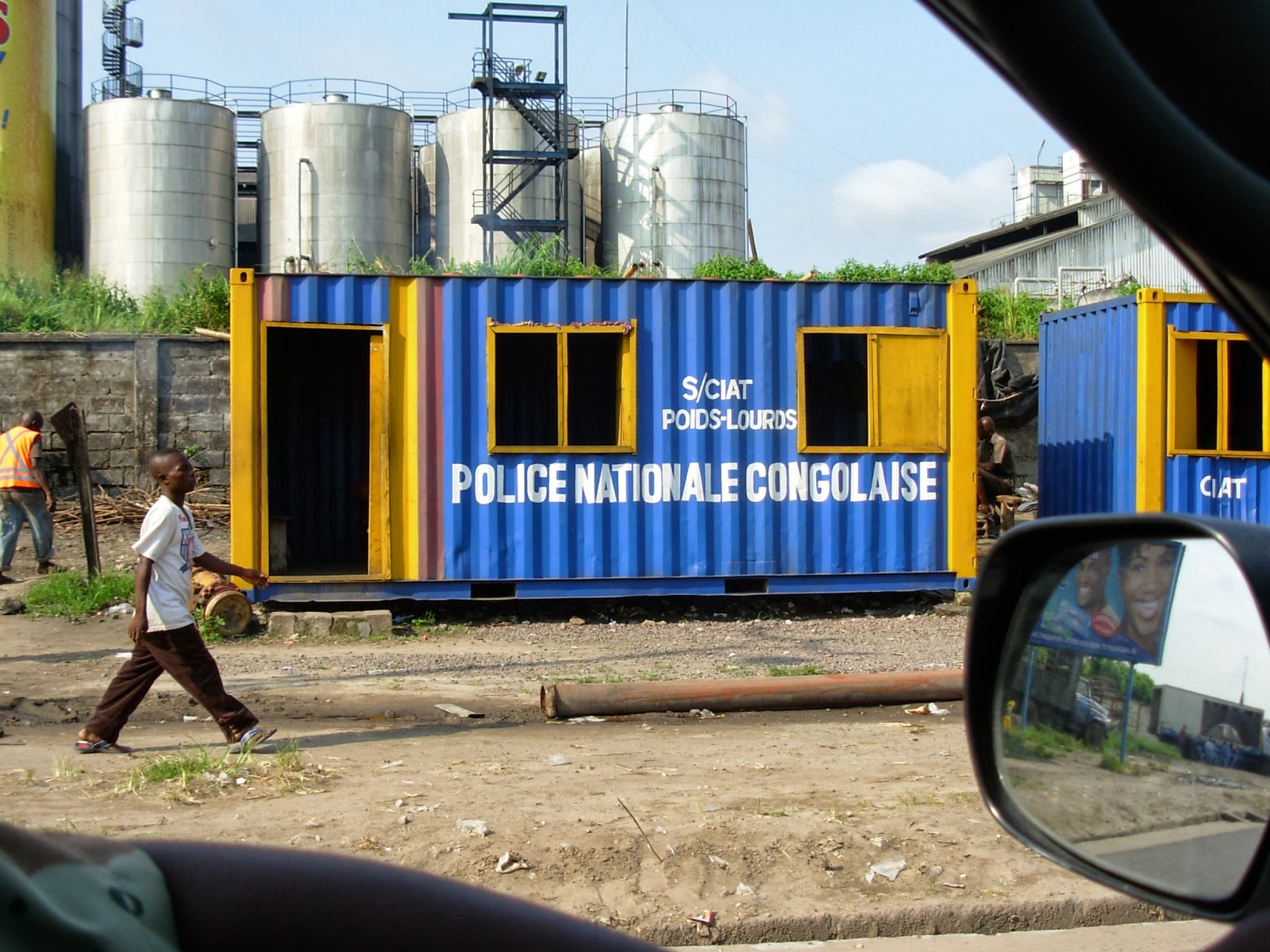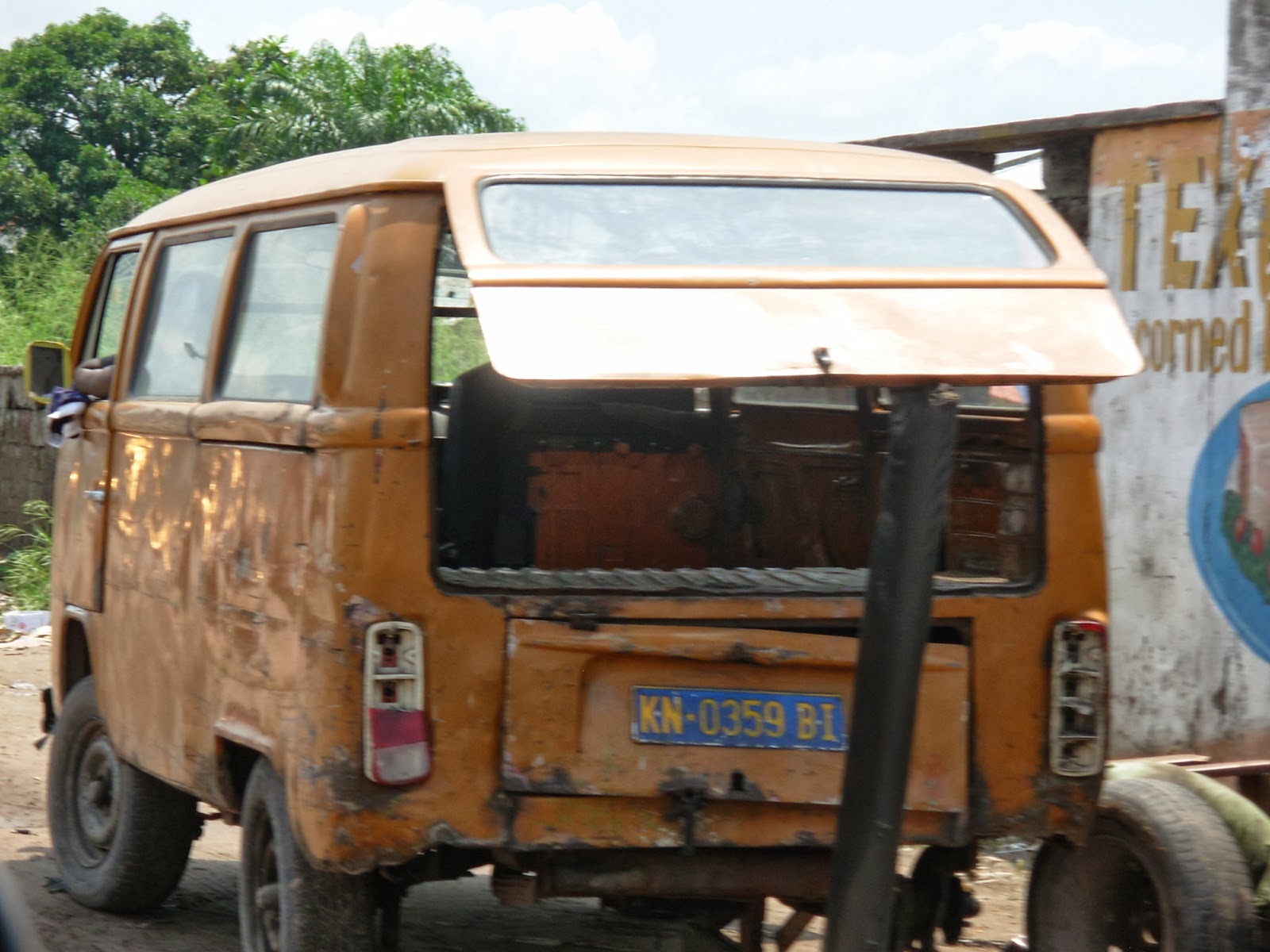INTRODUCTION
The Methodist Church of
Southern Africa (MCSA) has a long history of appointing ministers to
serve as chaplains to the armed forces. The relationship of the
Church with the Defence Force has at times been strained and fraught
with controversy, especially during the days of the apartheid regime.
At the time there was a view that the Church appointing chaplains to
the South African Defence Force (SADF) was a tacit legitimation of a
regime which the Church viewed as sinful and illegitimate. The
counter view held that Methodist conscripts needed to be served by
their own ministers, and that the Church had a pastoral
responsibility to bring a differing perspective to the dominant
pro-regime view within the SADF. This controversy has dissipated
since the formation of the South African National Defence Force
(SANDF) in 1995. The MCSA now plays a leading role in the Christian
Religious Advisory Board of the SANDF, and ministers who feel a
calling to this particular form of ministry are free to be appointed
as chaplains. The relationship the Church has with the SANDF is
regulated by a Church-State Agreement that is ratified both by the
Conference of the MCSA and the Chaplain General who signs on behalf
of the SANDF.
Methodist chaplains
wear the non-executive rank of “Christian Chaplain” and are by
definition non-combatants and enjoy protection as such under the
Geneva Convention during times of armed conflict. They serve all
members and not only Methodists. The military context provides a
unique opportunity for ministry in the workplace to people of all
denominations and faiths. Chaplains deploy with their units on
internal (mostly border protection) and external (mostly peace
support) operations. The chaplain's ministry primarily encompasses
proclamation of the Gospel, pastoral care and teaching. The other
important role the chaplain must play within the organisation is
prophetic, to be the voice of conscience within the organisation.
Chaplains serve on the command structures of the SANDF in an advisory
capacity. Chaplains are regarded as the specialists on spiritual and
ethical matters, and their advice is sought by commanders when making
command decisions.
SELECTION OF
MINISTERS FOR THE CHAPLAINCY
The MCSA has a
responsibility to appoint ordained ministers to the SANDF who will be
the face of the Church in the organisation, who will uphold the good
name of the Church and will continue to be faithful to their calling
to Word and Sacrament. Ministers who are appointed must have a clear
calling to work within the military context. They should be
comfortable working across all racial, language, cultural,
denominational and faith groups. Ministers who are appointed must be
willing to be posted to any military base in the country and must be
willing to be deployed with their soldiers, which is usually for a
minimum period of six months. They need to be physically fit and be
willing to live in situations deprived of normal home comforts,
especially when on deployment. They will also need to be prepared to
undergo military training that will acquaint them with the military
environment and will equip them to cope with the rigours of military
life, especially in war zones. The MCSA must be willing to commit a
minister to the SANDF for a minimum period of ten years, as the rules
of the Government Employees Pension Fund (GEPF) do not allow a
withdrawal of an employee’s full actuarial benefit if the person
has contributed for a period of less than ten years. For this same
reason, ministers over the age of 50 should be excluded from
selection as the retirement age in the SANDF is 60 and the consequent
loss of pension benefits would be enormous.
A minister who is
appointed to the SANDF as a chaplain is an ambassador of the MCSA.
This places a responsibility on the Church to ensure that only the
best and most suitable ministers are appointed. Ministers who have
disciplinary charges against them should be excluded, as should those
who have failed in their Circuit appointments. The Chaplaincy should
not be seen as a “dumping ground” of the Church to rid itself of
troublesome or incompetent ministers, nor should the Church use the
Chaplaincy as a form of rehabilitation for recalcitrant ministers.
Neither should ministers be allowed to seek refuge in the Chaplaincy
to escape from difficulties or potential disciplinary issues in
circuit. Those who fail in circuit are likely to fail in the
Chaplaincy, and will cause incalculable harm to the reputation of the
MCSA in the process.
The Chaplain General’s policy with regard to new appointments in
the SANDF is that a denomination is entitled to appoint one minister
per 500 uniform members of that denomination to the SANDF. The
Chaplain General has the responsibility to inform the denomination
through its Liaison Chaplain that a vacancy exists for a chaplain of
that particular denomination. The denomination presents a candidate
to the Chaplain General who then proceeds with the military selection
process.
The following MCSA
process is suggested to help those ministers who feel a calling to
the Chaplaincy, and to help the Church appoint the best candidates
for the job:
a. An ordained minister who feels a calling to the Chaplaincy first
approaches the Bishop of the District in which he or she is serving.
The Bishop must interview the person to explore the calling the
particular minister is experiencing. The Bishop must ensure that the
minister is in good standing in the circuit which he or she is
serving and there are no outstanding assessments or any other issues
that are pressurising the minister to leave the circuit appointment.
The Bishop recommends the minister to the Connexional Committee on
Military Chaplaincy (CCMC).
b. The minister who is recommended by the District Bishop is
interviewed by the CCMC. If the CCMC is satisfied that the minister
is a suitable candidate, the minister’s name is forwarded to the
Chaplain General when a vacancy for a MCSA minister has been
communicated to the CCMC through the MCSA Liaison Chaplain. The CCMC
must be aware that the Chaplain General has to meet certain SANDF
criteria when appointing new chaplains, viz. age, gender, race and
medical fitness. The Chaplain General may also be looking for a
candidate with a particular set of skills, depending on the vacancy
that exists. It is suggested that the Liaison Chaplain obtain from
the Chaplain General a profile of the candidate for a particular
vacancy in the Chaplaincy so that the CCMC can present the MCSA’s
best candidate for that vacancy to the Chaplain General.
c. The Chaplain General does not have the right to recruit MCSA
ministers directly without the knowledge of the CCMC, neither may
ministers apply directly to the Chaplain General.
MINISTERS SERVING AS
CHAPLAINS
Ministers serving in
the SANDF are currently stationed in Circuit Number 1413 and appear
in the list of Stations as an “N.B.” in the circuits in which
they reside. They remain in full connexion and their Supernumerary
Fund accounts are regarded as being paid-up for the time they will
spend serving as chaplains. Ministers appointed as chaplains are
expected to keep strong links with the Church through the circuits in
which they reside. This means that chaplains can be utilised for
pastoral, preaching, sacramental and other duties in a part-time
capacity, but with the understanding that official chaplain’s
duties always take precedence over any Circuit involvement or duty.
In practical terms this
means that chaplains must become full members of the circuit staff in
which they reside. Chaplains perform pastoral and other duties under
the direction of the Circuit Superintendent. Chaplains are primarily
accountable to the Superintendent Minister and then to the District
Bishop for the execution of their pastoral duties within the circuit.
Chaplains are required to attend staff meetings, Circuit Quarterly
Meetings, synods and retreats (up to a maximum of ten days special
leave per annum is allowed by the Chaplain General for chaplains to
attend synods and retreats.) Circuits are not assessed for the
chaplains residing within their boundaries but are expected to fund
the attendance of chaplains at synods and retreats. Circuits that
cannot afford to pay synod and retreat fees must make this known to
the chaplain and to the Bishop so that an arrangement can be made.
Any allowances paid to chaplains for services rendered must be
negotiated at Circuit level and must be declared to the Methodist
Connexional Office so that the necessary tax administration can be
done.
Chaplains are
accountable for their work in the SANDF primarily to the Chaplain
General, but also to the Church. Chaplains are required to submit an
annual report on their work within the SANDF and circuit to the Synod
to which they belong. Chaplains are primarily responsible to the
Circuit Superintendent and accountable to the local Circuit Quarterly
Meeting (CQM) for the ministry they exercise in the circuit. The
following procedure is suggested as a way to keep chaplains
accountable to the Church:
a. Ministers are invited to serve as chaplains by the CCMC in the
same way that any other minister is invited to labour by a Circuit
Quarterly Meeting. The only difference is that ministers are invited
for an initial period of 10 years, so that the minister does not
suffer a loss of GEPF benefits. After the initial 10 year invitation
has lapsed, invitations must be renewed annually in line with
invitations in the rest of the Connexion. Ministers who wish to
extend their invitations as chaplains shall indicate this to the CCMC
through the Liaison Chaplain. The Bishop of the District in which the
chaplain resides shall make a recommendation to the CCMC after having
conducted an interview with the minister, and in consultation with
the chaplain’s local Superintendent Minister. The CCMC has the
right to conduct its own interview when considering the continued
invitation of a minister to labour as a chaplain. Those ministers who
enter the Chaplaincy with the intention not to serve a full 10 years
will be invited for the period they wish to serve, but not less than
5 years. These ministers must be encouraged to make ad hoc
contributions to the Supernumerary Fund to offset the loss of the
full GEPF actuarial benefit on resignation from the SANDF.
b. Ministers appointed as chaplains shall be required to attend all
Circuit Staff Meetings, CQMs, District Synods and District Retreats.
c. Ministers appointed as chaplains shall exercise some form of
circuit ministry but with the understanding that the SANDF always has
first call on the services of its chaplains. Chaplains shall be
available to serve on District and Connexional structures, and shall
also be considered to superintend a circuit should the need arise.
d. Ministers appointed as chaplains shall submit reports on their
ministry in the SANDF and in the local circuit both to the Synod and
to the CCMC through the Liaison Chaplain.
e. The Superintendent Minister of the circuit in which a chaplain
resides shall submit a brief report on the ministry exercised by the
chaplain in the circuit to the District Bishop and to the CCMC. It is
suggested that the CCMC draft a standard template for this purpose.
f. The Bishop of the District in which a minister appointed as a
chaplain shall conduct an annual Review of Ministry with that
minister, the report of which to be forwarded to the CCMC. At the
discretion of the Bishop, this function may be delegated to the
Superintendent Minister of the circuit in which the chaplain resides.
g. The Liaison Chaplain shall maintain contact with the office of the
Chaplain General regarding all possible transfers or promotions of
MCSA chaplains. Similarly, the office of the Chaplain General shall
inform the Liaison Chaplain regarding the under-performance or poor
discipline of any MCSA chaplain. All such information is to be
communicated by the Liaison Chaplain to the CCMC for information and
possible action.
h. The Liaison Chaplain is to be informed by the office of the
Chaplain General of any MCSA chaplain who has been charged militarily
under the Military Disciplinary Code. The CCMC will conduct its own
investigation and will make recommendations to the Presiding Bishop
with regard to the MCSA disciplinary procedures to be instituted
against the minister.
i. The Liaison Chaplain is to inform the office of the Chaplain
General of any MCSA chaplain who is facing disciplinary action by the
MCSA. When an MCSA chaplain is suspended by the Presiding Bishop, the
CCMC must request the Chaplain General to place that chaplain on
special leave pending the outcome of the MCSA disciplinary action
instituted against that minister.
j. The CCMC is to inform the Chaplain General immediately should a
chaplain be discontinued by the MCSA. All MCSA chaplains are to give
a written contractual undertaking that they will resign from the
SANDF should they be discontinued from the ministry of the MCSA.
CHAPLAINS RETURNING TO CIRCUIT
Ministers serving as
chaplains are under the discipline of the MCSA, which means that the
Church has the right to station a minister serving as a chaplain back
into a normal circuit appointment at any time. It is however
desirable that a minister serving as a chaplain is left in the SANDF
for a minimum period of 10 years, so that his or her full actuarial
benefit accrued in the GEPF is not lost. A chaplain returning to a
normal circuit appointment shall resign from the SANDF at least one
month in advance of the appointment to the circuit. The minister
shall transfer his or her full GEPF actuarial benefit into the
Supernumerary Fund so that pension benefits remain intact and
uncompromised. The only exception to this is when a chaplain has
already reached pensionable age in the SANDF (55 to 60) and takes
early or normal retirement. Those ministers who do not complete 10
years service in the SANDF shall transfer their reduced actuarial
benefit into the Supernumerary Fund and must consult a financial
planner to strategise a way to ameliorate the negative impact of the
loss of their full GEPF benefit.
Chaplains wishing to
return to a normal circuit appointment must give timeous notice of
their intention to the CCMC and to the local Bishop. Such a minister
then becomes eligible for invitation and stationing as any other
minister in the Connexion. It must be recognised that any minister
who has been out of an active circuit appointment and has become
accustomed to the military with its management culture, will need
some time to readjust and orientate him or herself back into normal
circuit life. The following procedure is recommended:
a. A chaplain returning to a normal circuit appointment will be
debriefed by a senior minister in the District, preferably by a
minister who previously served as a chaplain.
b. A chaplain returning to circuit will be appointed a mentor for 1
year. This mentor should preferably be the same minister who deals
with the debriefing of the chaplain. Issues that will need to be
addressed during the mentorship include changes to procedures and
structures that have occurred while the minister was serving as a
chaplain. It is suggested that the CCMC in consultation with the
Bishops develop a debriefing and mentorship plan for all chaplains
returning to circuit appointments.
c. A chaplain returning to circuit should not be appointed as a Circuit Superintendent for the first year.
RECOMMENDATIONS
There are a number of issues raised that require attention at a
number of levels:
a. The Church-State Agreement needs to be revised and approved by the
Conference and the Chaplain General.
b. Laws & Discipline needs to be revised.
c. The CCMC needs to revise its procedures with regard to the
recruiting of ministers for the Chaplaincy and also the procedures
for its relationship with serving chaplains. These procedures must be
published in the Minutes of Conference.
d. The Liaison Chaplain plays a critical and pivotal role in this
process. His or her role must be written in the form of a Job
Description and communicated to the office of the Chaplain General.
CONCLUSION
Methodist ministers
serving as chaplains in the SANDF have the privilege to serve across
denominational and faith boundaries as ambassadors of the Master who
has called them and of the Church that has ordained them. They have
to remain accountable to the MCSA during their time serving in the
SANDF and must maintain strong links with the Church. The Church has
the tremendous and careful task to ensure that suitable and
appropriate ministers are appointed, that those who are appointed are
held accountable, and to ensure that those returning to normal
circuit appointments are reintegrated smoothly and in a manner that
benefits both the minister and the Church.
It is hoped that these
thoughts will stimulate further thought and debate. May God grant us
wisdom and courage so that His Kingdom may continue to be realised
amongst us.
CHAPLAIN ANDREW TREU

.JPG)
.JPG)

.JPG)
.JPG)
.JPG)
.JPG)
.JPG)

.JPG)
.JPG)
.JPG)
.JPG)
.JPG)
.JPG)
.JPG)
.JPG)

